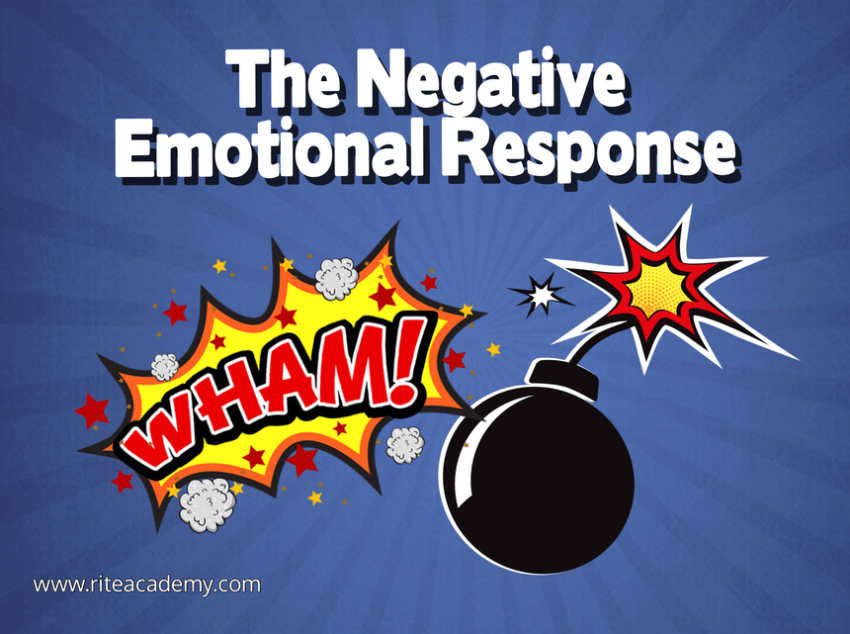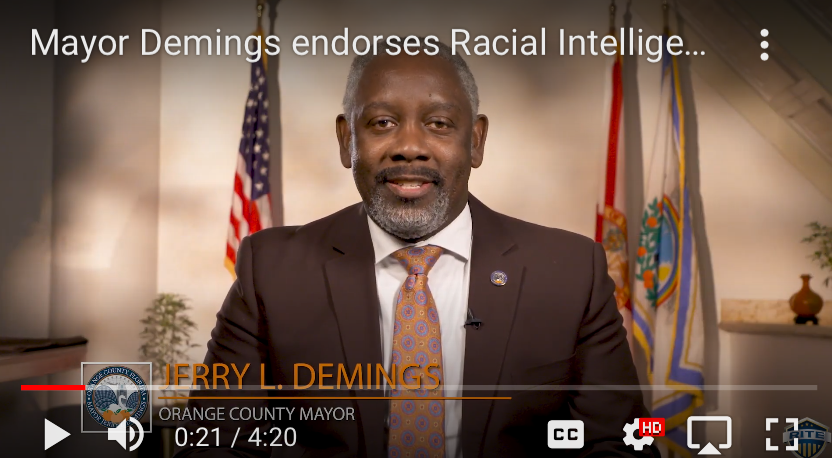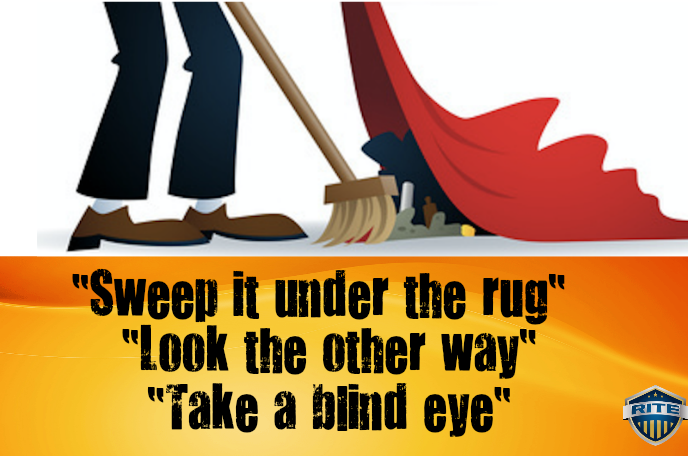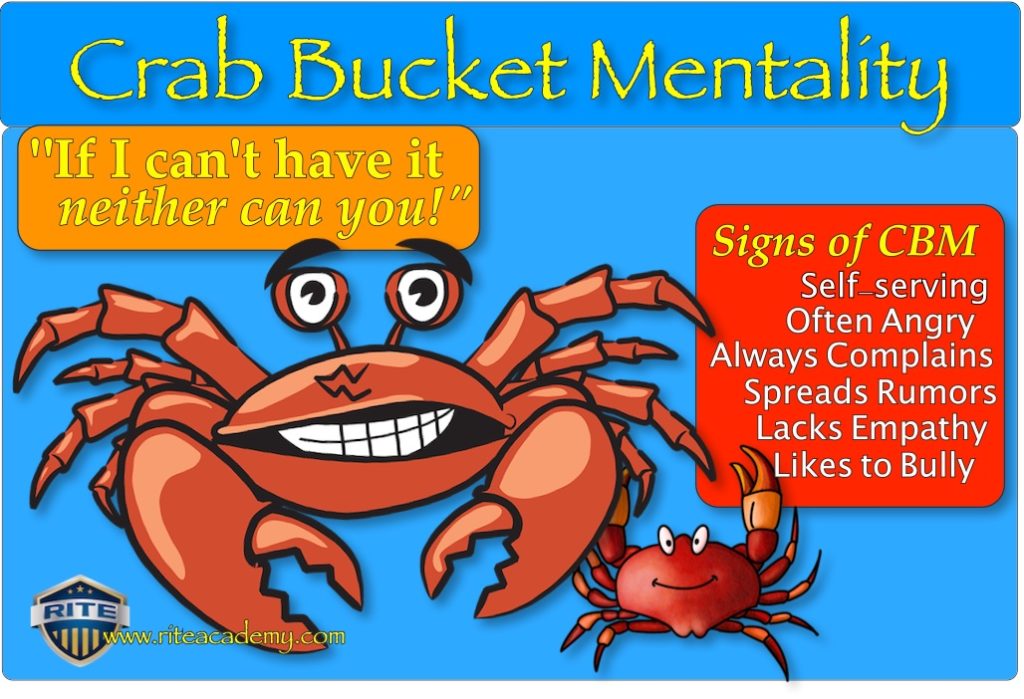Have you ever witnessed a co-worker escalate a situation because they responded too quickly with heightened emotions? It happens every day in public service.
The more you learn to control your emotions, the better decisions you will make.
As a cop for many years, I handled drunks on the street a lot. Often when dealing with intoxicated people, I found myself getting frustrated, and annoyed by them. I remember making quick decisions of what to do with them, without any empathy or concern for them.
Lurking behind my decisions were my own childhood issues of growing up with alcoholic parents. This memory clearly played a role in my poor decision-making as a cop. At that time, I was unaware of my early negative issues that influenced my decision making.
“It wasn’t until I studied Emotional Intelligence did I fully understand how my childhood memories created my negative emotional responses as a cop.” ~ Linda Webb
We make over 35,000 decisions every day. And 90% of those decisions are based upon emotions. We talk to ourselves from the moment we wake up, until we go to sleep at night.
In public safety if you’re not aware of your OWN emotions, one bad decision could affect your career, could impact whether you take a life, or could hurt someone while doing your job.
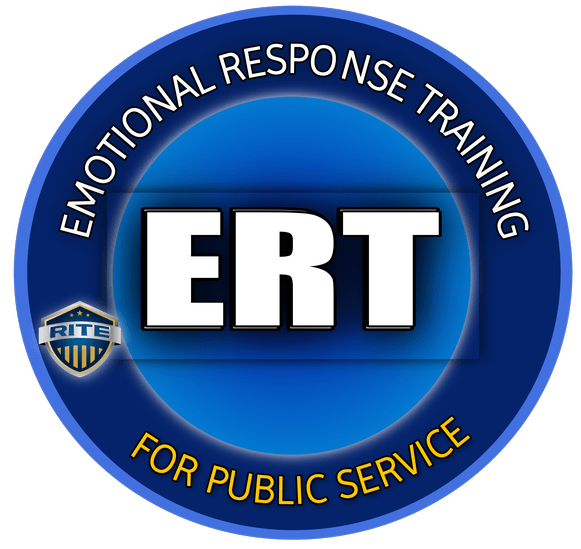
As part of ERT (Emotional Response Training), we teach officers how to understand their emotions in the moment, and how to use emotional control in de-escalating the situation.
(5) Influences of decision making:
- Previous Experiences
- Childhood Influences
- Bias (Implicit and Explicit) from parents, friends, acquaintances
- Current Personal Situations (family, financial, and health)
- Work-Related Influences (Supervisor, co-workers)
Every day when making on-the-job decisions, you have a choice how to respond. Often our decisions are made based on one of the above listed influences. You have choices… and the better you understand your personal influences, the better choice you will make for your future.
Great video on choosing your Response…
After using what he learned in our 2-day Trainer’s class (Emotional Intelligence, Empathy Communication, and many lessons using Tools like the RITE Ladder and New Day), Fred told us his life had changed forever, and delivered a powerful message in his TedTalk.
Definition of Choice:
Having a ‘Choice’ is the act of selecting or making a decision when faced with two or more possibilities.
When engaged in making a decision-making choice, it can take 2-7 seconds for the information to process from the emotional side of the brain to the logical side.
Sometimes in public safety, we must react prior to the information getting to the logical brain. So, controlling your emotions is critical in making sound decisions for the betterment of yourself, your agency, and the community.
How you can quickly understand what your own ‘influences’ are, the faster you can make better decisions. Every person you may work with will have a different set of personal influences.
For example, if a dog bit you when you were young, you may develop a fear of dogs, whereas someone else may love dogs.
The more you work on yourself, the better the decisions you will make for others. ~ Randy Friedman.
Working on yourself isn’t an easy task, as it is always easier to judge what everyone else is doing rather that look within to figure out what may help you.
In fact, in public service some of your co-workers may spend more time complaining, bullying, and spreading rumors, than looking within on how they can improve themselves.
It is easier to point a finger and find faults in others, than to look in the mirror and improve ourselves. ~ Linda Webb.
While attending the police academy, as a cadet years ago, I looked to see how I could fit in better with my peers. I started using profanity because everyone else was.
It wasn’t until my career was almost over that I realized I never needed to use it. Not only did I better connect with myself in a positive way, I also connected better with everyone I engaged with.
(4) Positive decision making keys for better emotional responses:
- Understand your Value by working on yourself
- Learn your hot buttons – what angers you
- Be present and mindful in the moment.
- Ask yourself…. What am I feeling right now?
Getting present with your emotions, controls any situation.
Make a commitment to work on yourself throughout different times of the day. Ask yourself…What am I feeling about a situation? Control your emotions first, then proceed to making the decision.
Learning how negative Emotional Responses alter your decisions, goes a long way in your public service career and beyond.
RITE Training helps ALL public servants improve Emotional Response communication that improves officer wellness. When you learn to control your emotions, you will control every situation, and that builds Career resiliency. Contact us to bring RITE to your agency.
